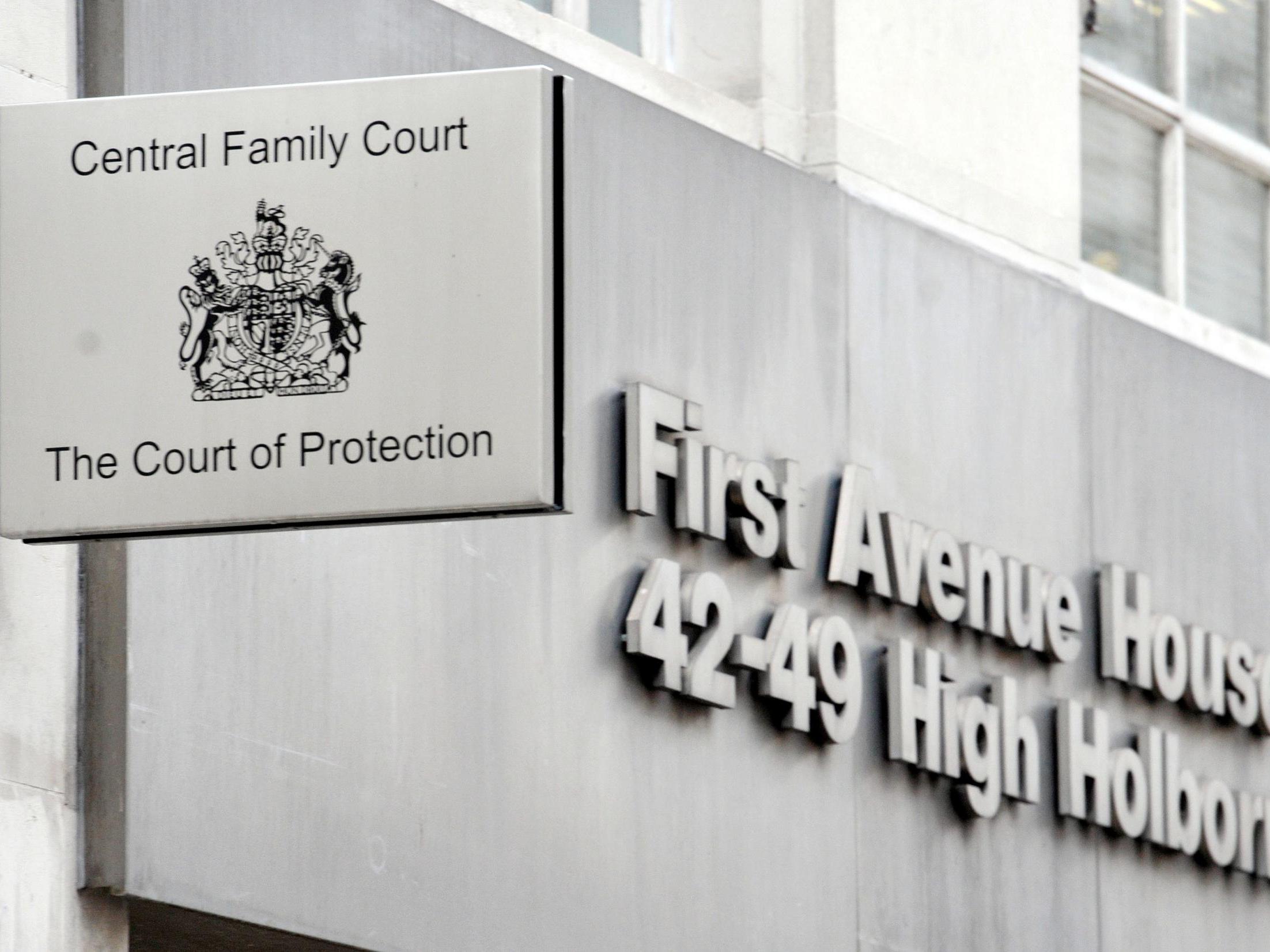Judge rules doctors can amputate man's foot against his wishes
Doctors fear gangrene would spread from leg and ultimately kill him

Your support helps us to tell the story
From reproductive rights to climate change to Big Tech, The Independent is on the ground when the story is developing. Whether it's investigating the financials of Elon Musk's pro-Trump PAC or producing our latest documentary, 'The A Word', which shines a light on the American women fighting for reproductive rights, we know how important it is to parse out the facts from the messaging.
At such a critical moment in US history, we need reporters on the ground. Your donation allows us to keep sending journalists to speak to both sides of the story.
The Independent is trusted by Americans across the entire political spectrum. And unlike many other quality news outlets, we choose not to lock Americans out of our reporting and analysis with paywalls. We believe quality journalism should be available to everyone, paid for by those who can afford it.
Your support makes all the difference.A judge has ruled a man with severe gangrene in his foot will have it amputated against his wishes.
Bosses at the NHS hospital where he is being treated successfully applied for a court ruling to allow doctors to remove part of his left leg.
The man, who cannot be identified for legal reasons, had refused permission for the amputation despite the risk gangrene would spread to the rest of his body.
But Mr Justice Francis ruled doctors can sedate or if necessary even physically restrain their patient in order to complete the surgery.
They had feared the condition, if allowed to spread through other parts of his body, would ultimately kill him.
Mr Justice Francis ruled the man did not have the mental capacity to make decisions about his treatment.
He was sitting in the Court of Protection, where judges consider issues about people who are deemed to be unable to make decisions on financial and welfare matters for themselves.
Ordinarily, anyone aged 16 or over in Britain cannot be given medical treatment of any kind – even the sort which would save their life – without their consent.
The only exception is when the doctors in charge of a patient believe they “lack the capacity to make an informed and voluntary decision”, the NHS website explains.
As well as mental health conditions, people suffering from dementia or even intoxication because of alcohol or drug misuse can be deemed to lack capacity.
Children under 16 are allowed to decide on their own treatment if they are believed to have enough intelligence and maturity to fully understand what is happening - known as being Gillick competent, after a 1985 court case.
Otherwise, someone with parental responsibility can consent or not to treatment on their behalf.
Gangrene is a condition which causes body tissue to die and can be caused by a loss of blood supply, injury or infection. Fingers, toes and other bodily extremities are the parts most commonly affected.
Join our commenting forum
Join thought-provoking conversations, follow other Independent readers and see their replies
Comments